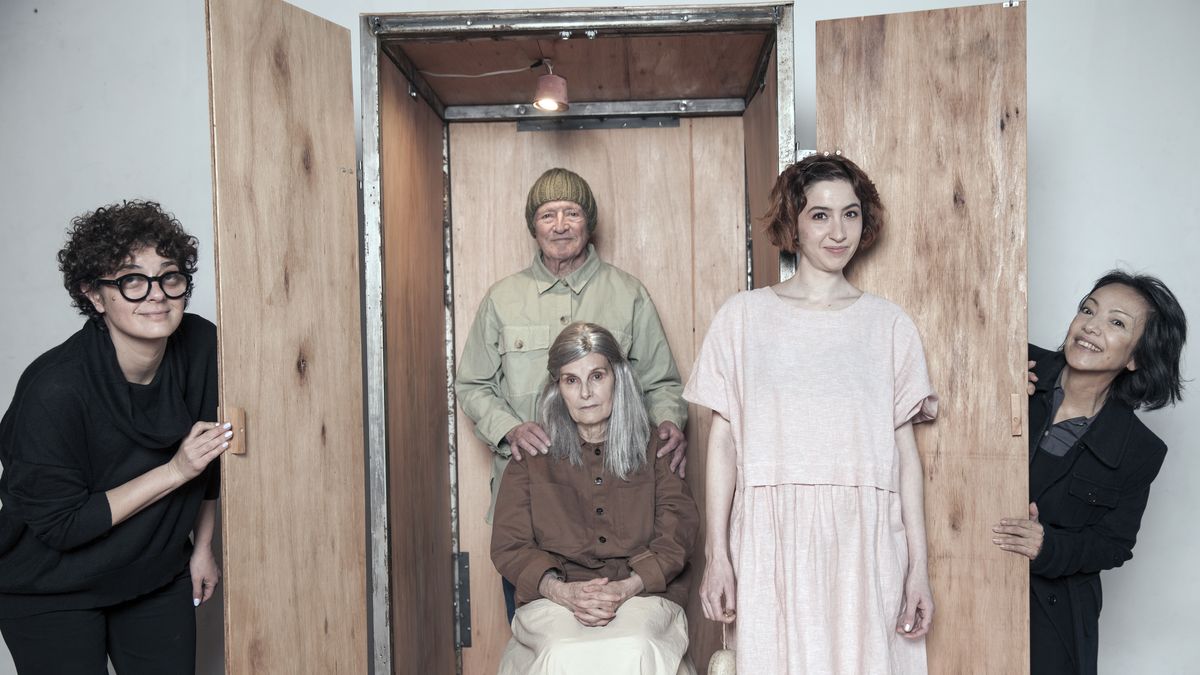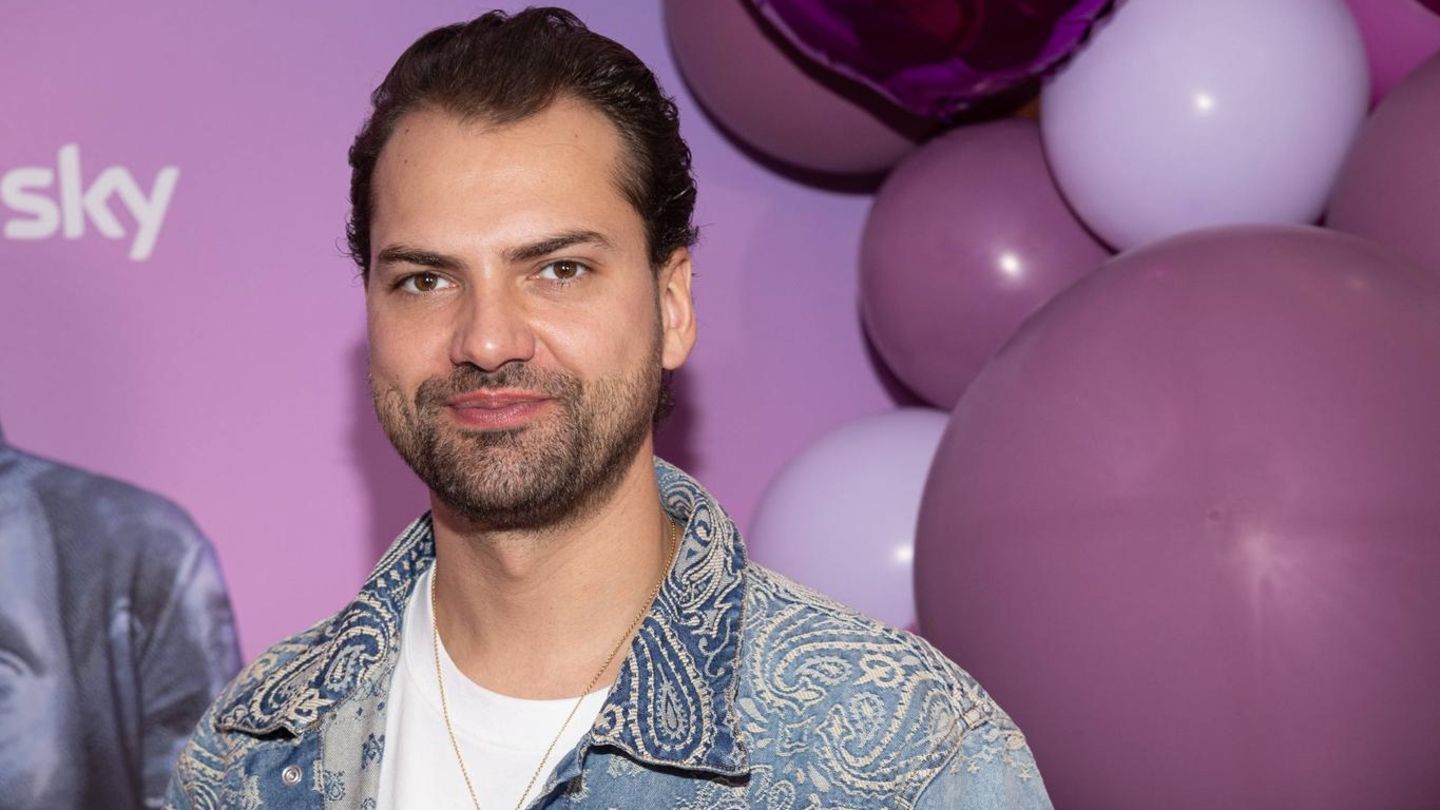“With film production completely stopped, the public takes refuge in the theatre where they find stories and actors that identify with them,” says Anahi Berneridirector of the work “What is lost is had forever” starring Sofia Gala Castiglione, Marita Ballesteros, Enrique Amido and Camila Marino Alfonsin.
The work has dramaturgy of Javier Berdichesky and Andres Gallinabased on stories by Alejandra Kamiya, and is presented at Dumont 4040 with performances on Thursdays, Fridays and Saturdays.
“The work has a point in common with my last film, “Elena Knows”: to what extent women finish mothering our children and begin to do so with our adult fathers and how much we give up against our lives,” reflect Berneri.
A mother who gets lost in something that cannot be named. In his carpentry workshop, a father seems to have never cared for anyone as much as his wood. Like a bridge, the daughter walks the eight blocks that separate her parents’ houses, carrying and bringing pots with food, photos, furniture, envelopes with money. What she is trying to do is marathon-like: to unite the parts into which her life has been divided.
The choreography is by Susana Szperling; original music by Jackson Souvenirs; costume of Roberta Pesci; scenography of Lu Carnicer; lightning Ivan GierasinchukWe talked with Berneri.
Journalist: One foot on the stage and the other in the narrative, how are these stories woven into the work?
Anahi Berneri: I worked from the beginning on the construction of the texts and the way the playwrights put it together was like a patchwork, following the poetics of Alejandra Kamiya, so particular. A literature with a lot of poetry that was the basis for my staging. I tried to translate that poetry into images. They used different stories that are in two books, “Fallen Trees Are Also the Forest” and “The Sun Moves the Shadow of Still Things” and the stories used are “Separated”, “Elephants”, “I Will See Trees”, “The Names”, “Fragments of a Conversation”, “Darkness is an Outpouring”, “Parting” and “As Brief as a Clover”.
Q: Why were you interested in putting them on stage and not on film?
AB: This work was conceived for the theatre and I was invited by Javier, who works at Dumont Literatura, a place where I often go because I am a great theatre-goer. I had not directed for years and I love it because I can play with convention, with two chairs being a car, a handkerchief being a baby, and imagine with few elements. Cinema is more a slave to production. The centre of this work is placed in the word, in Alejandra’s poetry, then, the word is closer to dramaturgy and theatre and not so much to cinema, where supremacy is placed in the image.
_MG_9879.jpg
Sofia Gala Castiglione stars in “What is lost is had forever.”
Q: What themes does the play address besides the ties between a daughter, her father and her mother?
AB: The main theme is caring for adult parents, beyond memory and what is not said and which also comes to light as trauma when we do not put it into words. There is something that connects the work with my last film, “Elena sabe”, and it is thinking to what extent women finish mothering our children and begin to do so with our adult parents when they cannot take care of themselves. How fair or moral, and how much of that we accept and resign against our lives. Sofia’s end in the work leads us to reflect on that.
Q: How do the scenery, lighting, props and costumes play a role in the production?
AB: Everything was there from the first sketches of the production, I conceived it as I do with film, I sit down with a piece of paper, I write down every image, every movement that appears to me and then with the great collaborators that I called upon and with whom we also work in film, we designed three niches, three drawers where a family sometimes coincides and sometimes moves away or comes closer. A mobile set and the focus on tension, sectorizing each character. We gave a prominent place in the scene to each one although they are all on stage. The play of shadows, an absent daughter or an absent son, like shadows projected on the wall of the house.
Q: How do you see theatre and cinema today?
AB: The theatre is having a very strong presence. It may have to do with the lack of Argentine fiction on screen, beyond the platforms, so the drop in national audiovisual productions makes people go to the theatre because they have a great need to see themselves reflected in fiction through Argentine stories and actors. They are stories that tell them, something logical at this time when national film production is at a standstill.
Source: Ambito




